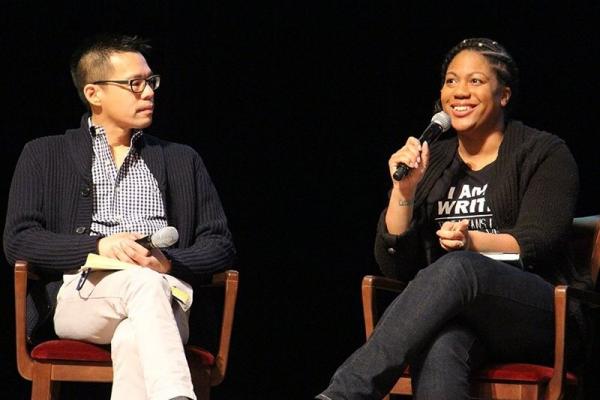May 10, 2018
"I wanted to make a book that (says), this is how it feels, here is how it’s dangerous for me to talk about race and be a black woman in an organization that thinks it’s made it, but it still has work to do. I hope by naming those things and making those things real, it would open up the eyes of white folks and (give) people of color an opportunity to say, 'This is real.'"
Read the Full Article

Already a subscriber? Login
